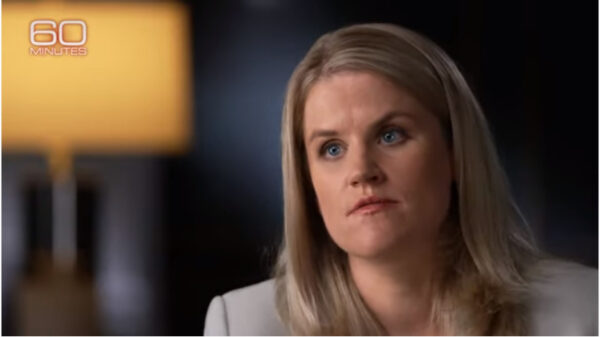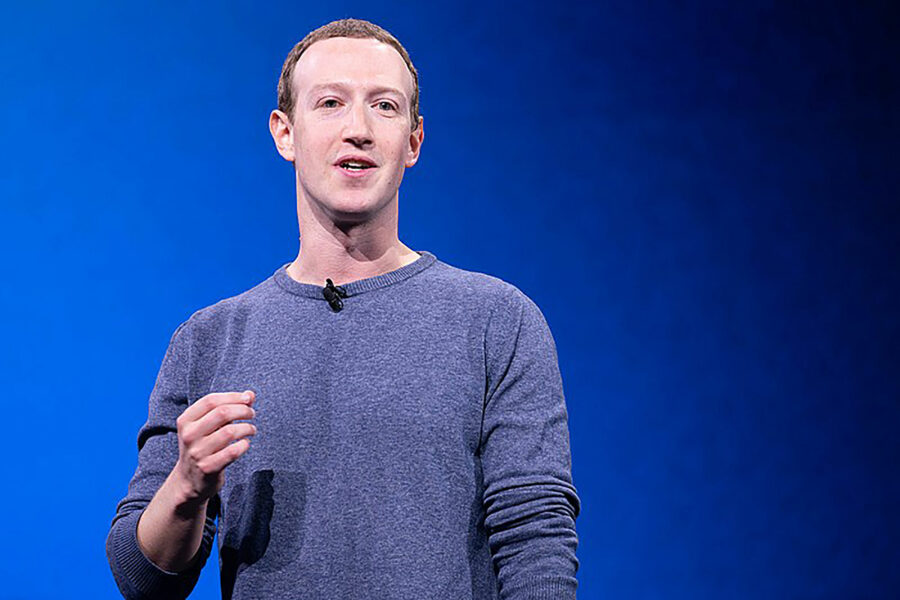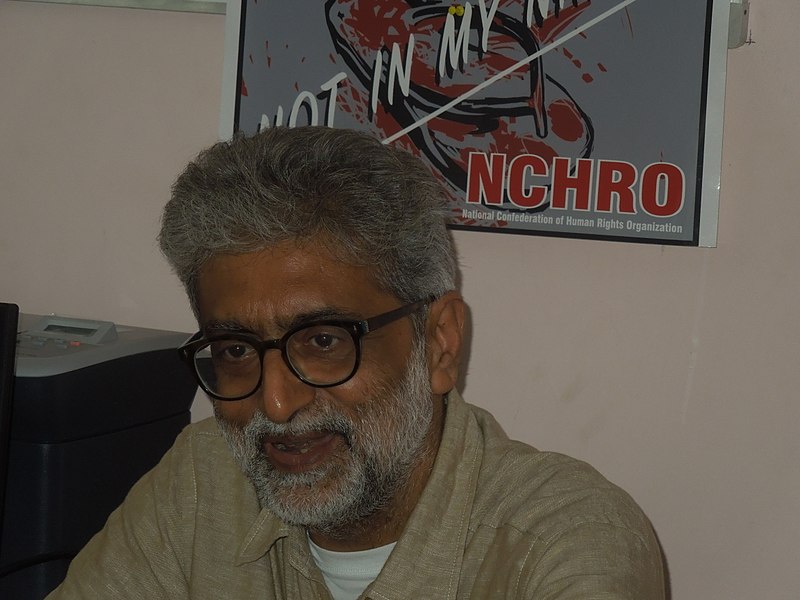Mark Zuckerberg, CEO of Facebook, rubbished whistleblower Frances Haugen’s allegations that the social media giant prioritized profits over user safety.
In a lengthy note he shared on Facebook on Tuesday, Zuckerberg said, “At the most basic level, I think most of us just don’t recognize the false picture of the company that is being painted.”
On Monday, ex-Facebook employee Haugen revealed herself as the whistle-blower who shared information with the Wall Street Journal that the social media giant was “optimizing content that generated engagement,” turning a blind eye to the hate speech caused by its platforms, including Instagram.
Speaking to Scott Pelley on the CBS show 60 Minutes, Haugen, a data scientist from Iowa who joined Facebook in 2019, said, “The thing I saw at Facebook is that there were conflicts of interest between what was good for the public and what was good for Facebook. And Facebook, over and over again, chose to optimize its own interests, like making more money.”
However, she added that Zuckerberg and the company were not malevolent. “It’s one of these unfortunate consequences. Nobody at Facebook is malevolent, but the incentives are misaligned,” she told Pelley.
Having worked with companies like Google and Pinterest in the last 15 years, Haugen said the scenario at Facebook was “substantially worse” than the other media giants.
After quitting the company in May, she anonymously filed a complaint with the Securities and Exchange Commission in September.
Later, Haugen appeared before the US Congress and put forward the need to regulate Facebook.

Zuckerberg, meanwhile, stated that the allegations are untrue. Citing Facebook’s Meaningful Social Interaction setting, a part of its News Feed, that “showed fewer viral videos and more content from friends and family,” he said the company did it “knowing it would mean people spent less time on Facebook, but that research suggested it was the right thing for people’s well-being. Is that something a company focused on profits over people would do?”
Part of the research acquired by Haugen stated, “We have evidence from a variety of sources that hate speech, divisive political speech, and misinformation on Facebook and the family of apps are affecting societies around the world.”
Haugen had also highlighted that Facebook’s choice to not censor certain content led to ethnic violence against minority groups such as the Rohingyas of Myanmar. While she refrained from naming them, the news segment pointed out the Myanmar military’s use of Facebook as a tool to incite hate speech.
She further alleged that Facebook changed its algorithm and dissolved civic integrity post the 2020 US Presidential elections, which felt like a “betrayal of democracy” to her.
Zuckerberg said that contrary to Haugen’s claims that Facebook makes profit off of content that makes people angry, and in turn increases user engagement, the company “makes money from ads, and advertisers consistently tell us they don’t want their ads next to harmful or angry content.”
Haugen’s 60 Minutes interview also pointed out that evidence of hate extends to Facebook-owned Instagram, though the harm caused by it is more personal than public. “13.5% of teen girls say Instagram makes thoughts of suicide worse. 17% of teen girls say that Instagram makes eating disorders worse,” Pelley read from one of the reports.
Recommended
Zuckerberg called this a “mischaracterization of the research into how Instagram affects young people.” He added that rather than exacerbating the aforementioned issues in teens, Instagram “helps them when they are struggling with the kinds of hard moments and issues teenagers have always faced.”
Noting that the company was doing its best, Zuckerberg however passed the onus on to the government and stressed on the need for updated internet regulations.
Post Haugen’s statement, on Monday, Facebook and its sister applications, Whatsapp and Instagram, suffered a global outage for a duration of six hours that cost Zuckerberg more than $6 billion. Additionally, a sell-off caused the company’s stocks to plummet by 4.9%.



